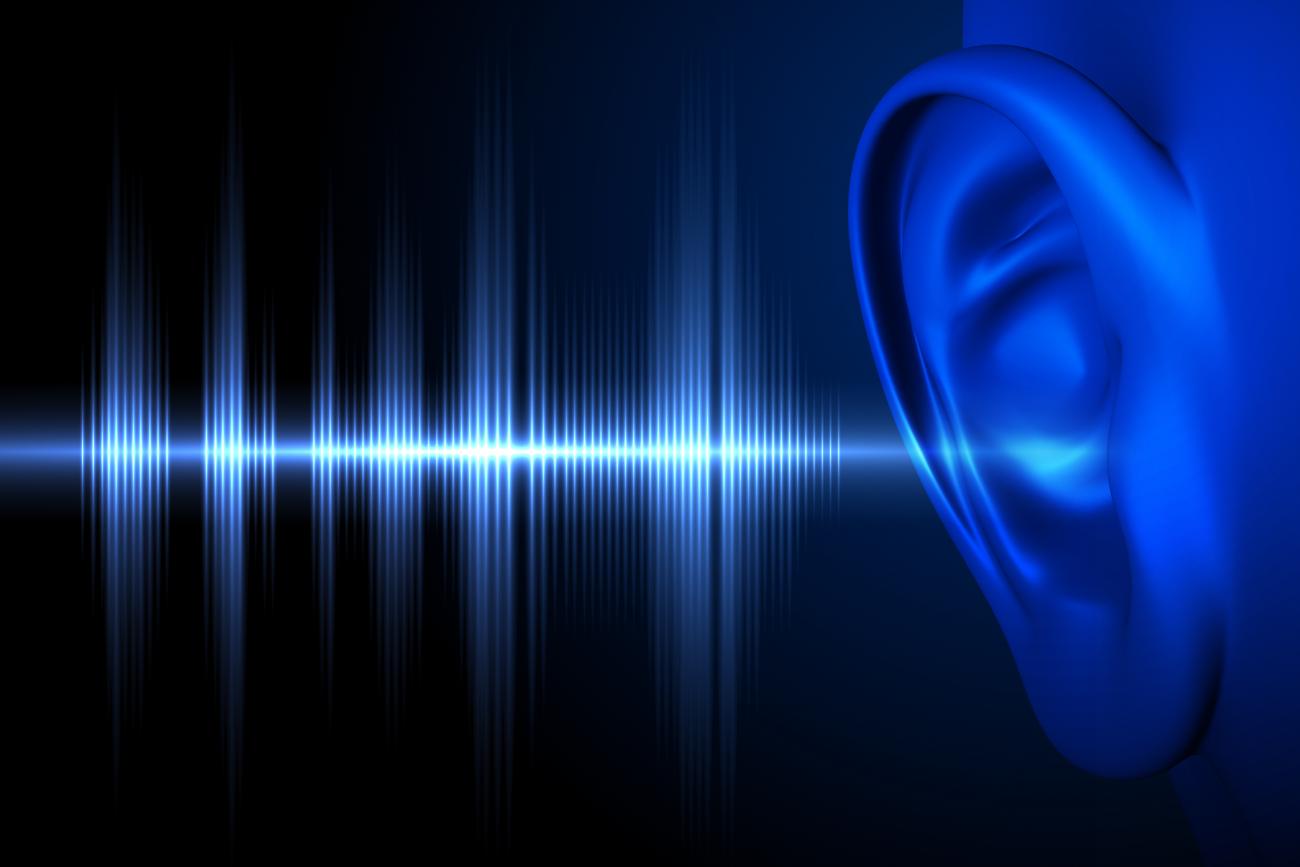Support from the Training Program is open to students admitted to the home departments of any of the Core Faculty members in the program, as well as the interdisciplinary NACS program. Trainees fulfill course and other requirements imposed by their home department (department or program in which they are to receive their doctorate). However, since course requirements for graduate education in participating departments is generally minimal, trainees have the freedom to take the course of study prescribed by the Training Program and include these in the requirements for the doctoral degrees in their home departments. The formal requirements for the doctoral degree are defined by our Graduate School, and most of our trainees will be on basically the same time-line for completing thesis proposals and examinations.
Since students entering the Training Program may come from a variety of departments and program backgrounds, they are also likely to have some variation in the courses they will have taken. The Training Program does not impose an excessive number of courses on trainee. The only courses specifically required of a trainee are Fundamentals of Hearing, Responsible Conduct of Scientific Research, and Translational Neuroscience Seminar. Trainees with no prior course work in evolution are required to take one of several courses on this topic offered annually in the department of biology. We also require a seminar in translational.
Potential trainees (e.g., students in their first two years at UMD and who start to work in the labs of Training Program faculty) are encouraged to take additional courses in neuroscience and related areas via the NACS program. Courses from the following group are particularly encouraged: Systems Neuroscience (NACS 641), Cognitive Neuroscience (NACS 642), Computational Neuroscience (NACS 643), and Cellular and Molecular Neuroscience (NACS 644). Students also have the opportunity to take a wide range of courses given on campus in neuroscience-related areas, and will be advised to enroll in doctoral-level seminars in translational auditory research.
Teaching
We believe that predoctoral trainees should have some experience teaching and working with undergraduate students. This not only enhances their opportunities in an academic environment by giving them direct teaching experience, it also helps the trainees develop communication skills that will be useful throughout all phases of their scientific careers.
Seminars and Journal Clubs
One of the most important roles of the research Training Program is to help foster interactions between faculty and trainees interested in hearing research at UMD. While there is much opportunity for informal interactions between students and faculty members, in part because many laboratories are located in the same building complex, we also provide for more-formal interactions centered around the hearing sciences seminar and journal clubs. Trainees are required to attend the weekly NACS seminar series. The NACS seminars presented specifically on hearing include opportunities for trainees to meet individually and in small groups with each of the seminar speakers, and trainees have lunch with the visitors after seminars. Trainees are also encouraged to attend relevant seminars in Hearing and Speech Sciences, Engineering, and other departments.
Trainees are expected to also attend monthly professional development seminar, currently hosted by Hearing and Speech Sciences.
Finally, all of the core faculty labs have individual weekly lab meetings and partake in journal clubs that are often open to any interested trainee.


